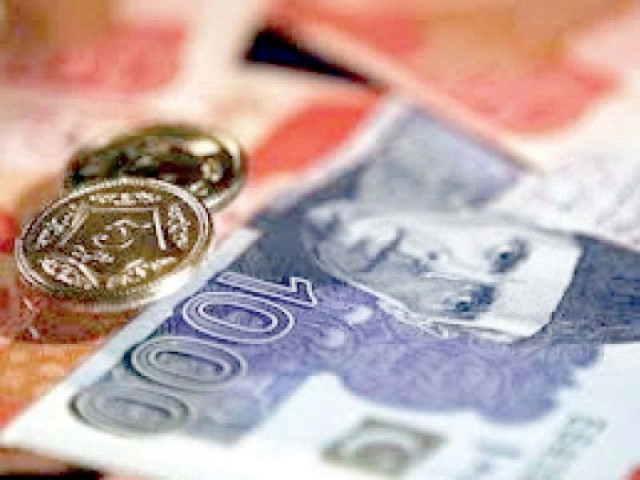Reduction in tax rate for salaried individuals proposed
Senate committee approves 75% withholding tax on non-filers’ phone, internet services

The Senate Standing Committee on Finance, chaired by Senator Saleem Mandviwalla, has approved a 75% withholding tax on phone and internet services for non-filers while proposing a reduction in the tax rate for salaried individuals.
The committee, during its meeting, approved the tax on non-filers' phone and internet services. However, it rejected the proposal to impose a 15% capital gains tax on property transactions starting from July 1 and to share parliamentarians' records with NADRA for tax collection purposes.
Senator Anusha Rehman voiced concerns about the security of NADRA's data, while the FBR chairman stated that the Special Investment Facilitation Council (SIFC) had recommended sharing data with NADRA, including information on Grade 17 to Grade 22 officers. However, the committee rejected the proposal to share politicians' data with NADRA.
FBR Chairman Amjad Zubair Tiwana mentioned the introduction of a clause in the finance bill for late filers of property transactions, suggesting a tax rate differentiation between filers and non-filers.
Also read: Budget 2024-25: Govt raises income tax rates for salaried individuals
Senator Mandviwalla argued that the tax on late filers should be equal to that on non-filers. Anusha Rehman advocated for leniency towards filers and stricter taxation on non-filers. The committee postponed the proposal to increase the property tax and rejected the suggestion to extend tax exemptions for FATA and PATA for another year.
The FBR chairman highlighted that the cabinet opposed extending the exemptions, noting that the IMF had also opposed tax exemptions for the merged districts. Mandviwalla stated that the entire country's industry is affected by the privileges given to FATA and PATA, which exacerbate industrial challenges.
The FBR chairman also pointed out the high withholding tax rate on non-filers, mentioning the possibility of disconnecting their mobile SIMs and business operations. He revealed that among the 500,000 non-filers, many have an annual income exceeding Rs2 million and have previously disclosed their income in tax returns. Amjad Zubair Tiwana stressed that even those who temporarily become filers to purchase a vehicle, plot, or house will face additional taxes.
From the next fiscal year, a sales tax of 18% will be imposed on processed and packaged flour, pulses, rice, sugar, and spices. The committee also discussed imposing an 18% sales tax on locally produced infant milk.
Also read: Taxation of salaried class essential for economic growth, says finance minister
During the meeting, industry representative Sheikh Waqar suggested a gradual increase in sales tax to avoid a sharp rise in infant milk prices. The FBR chairman noted that milk companies have frequently raised their prices over the past two years without contributing to government revenue, highlighting that even multinational companies' distributors are not within the tax net. From the next fiscal year, zero-rating will be completely abolished.
The committee also approved a proposal to ban foreign travel for non-filers. The FBR chairman indicated that action will be taken against those who do not file tax returns under the Income Tax General Order. However, exemptions will be granted for Hajj, Umrah, minor children, students, and overseas Pakistanis holding NICOP.
Non-filers will also face disconnection of their mobile SIMs, electricity, and gas connections. Senator Farooq H. Naek explained that a travel ban for non-filers effectively means adding their names to the Exit Control List.
The FBR chairman reiterated that non-filers will face high withholding tax rates and potential disconnection of their mobile SIMs and business operations. The list of non-filers includes individuals with an annual income exceeding Rs2 million who have previously disclosed their income in tax returns. Tiwana also mentioned that those who temporarily become filers to purchase vehicles, plots, or houses will face additional taxes.



















COMMENTS
Comments are moderated and generally will be posted if they are on-topic and not abusive.
For more information, please see our Comments FAQ